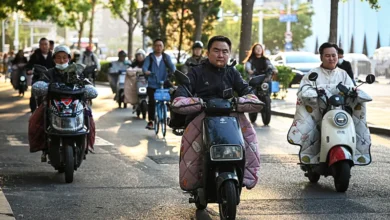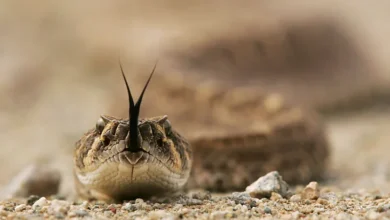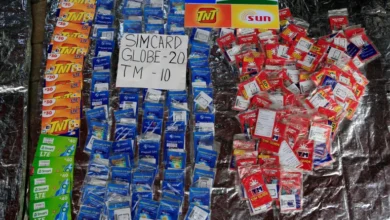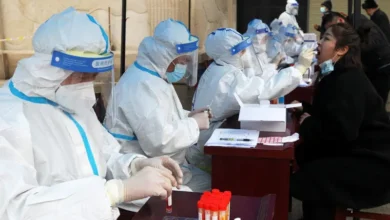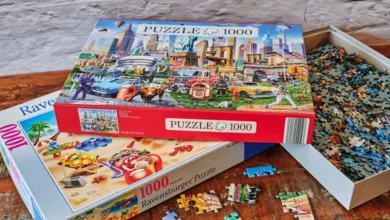Ukraine holds the front line, seeks Chinese mediation for talks with Russia
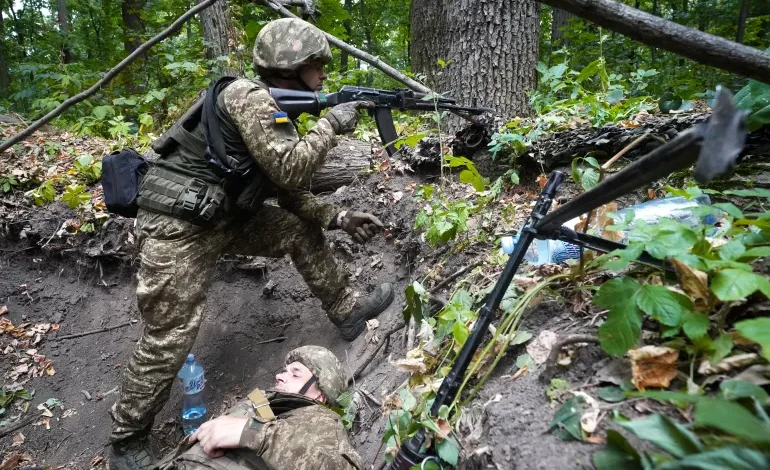
Ukrainian foreign minister Dmytro Kuleba was in Beijing on July 23-24, for what he called “very deep and concentrated” talks with his Chinese counterpart Wang Yi.
It was the first time that Ukraine had reached out to China as a mediator with Russia since Moscow invaded its neighbour in February 2022. Kuleba’s visit came in the middle of a major diplomatic initiative by Ukraine to prepare favourable international conditions for direct talks with the Kremlin.
Trump opposes sending military aid to Ukraine, and last year said he would end the war in 24 hours if he became president.
Part of Ukraine’s drive towards a peace process is dictated by evident fatigue among its allies – the US Congress delayed voting through a $60bn military aid package by six months amid political disagreements. In February, Europe passed a 50-billion-euro ($54bn) military aid agreement that was meant to have been approved in December, overcoming opposition from Hungary and other member states.
Kremlin spokesperson Dmitry Peskov cautiously welcomed Zelenskyy’s openness to dialogue. He said, “We cannot yet judge what exactly is behind these words, what concrete plans are being talked about.”
Hungarian Prime Minister Viktor Orban also visited Beijing earlier this month, as part of a peace mission that Ukraine and its allies disapproved of.
That may have contributed to a public rift between Kyiv and Budapest on Monday, when Ukraine shut down the Druzhba pipeline that traverses its territory carrying Russian oil to Hungary and Slovakia.
Although officials did not publicly connect Orban’s mission to the pipeline shutdown, it is no secret that Hungarian-Ukrainian relations are poor. In apparent retaliation, Hungary froze transfers from the European Defence Fund, which reimburses member states for their military donations to Ukraine. Among others, that inconveniences Poland, which is waiting for payouts of 2 billion euros ($2.17bn).
The war on the ground
Zelenskyy told European leaders on July 18 that “we have stopped the Russian offensive in the Kharkiv direction,” a new incursion Russia launched on May 11, and satellite imagery confirmed that assertion. Zelenskyy said Russia had suffered 20,000 casualties there.
But Russian forces made marginal advances on the eastern and southern fronts. Most of the activity was in the eastern Donetsk region.
In the area of Avdiivka, which Russian forces captured in February and have been slowly advancing westward from ever since, they marched into the villages of Niu York and Yevhenivka on July 18. On Sunday, they advanced a kilometre (0.6 miles) into the village of Nevelske, and on Monday, drove further into Niu York. On Tuesday and Wednesday, Russian forces overran the village of Novoselivka Persha west of Avdiivka.
To the north of Soledar and Bakhmut, cities Russia captured in January and May last year, and around which they have built out further gradual conquests, Russian forces entered the village of Rozdolivka on Tuesday.
Ukraine’s armed forces said they had abandoned a position in the village of Krynky, on the left bank of the Dnipro in Kherson, after Russian shelling flattened it; but that units were operating in nearby areas and from the islands in the Dnipro Delta. Ukraine occupied Krynky late last year and used it for counterbattery fire against Russian artillery, which had been harassing settlements on the unoccupied right bank of the river.
